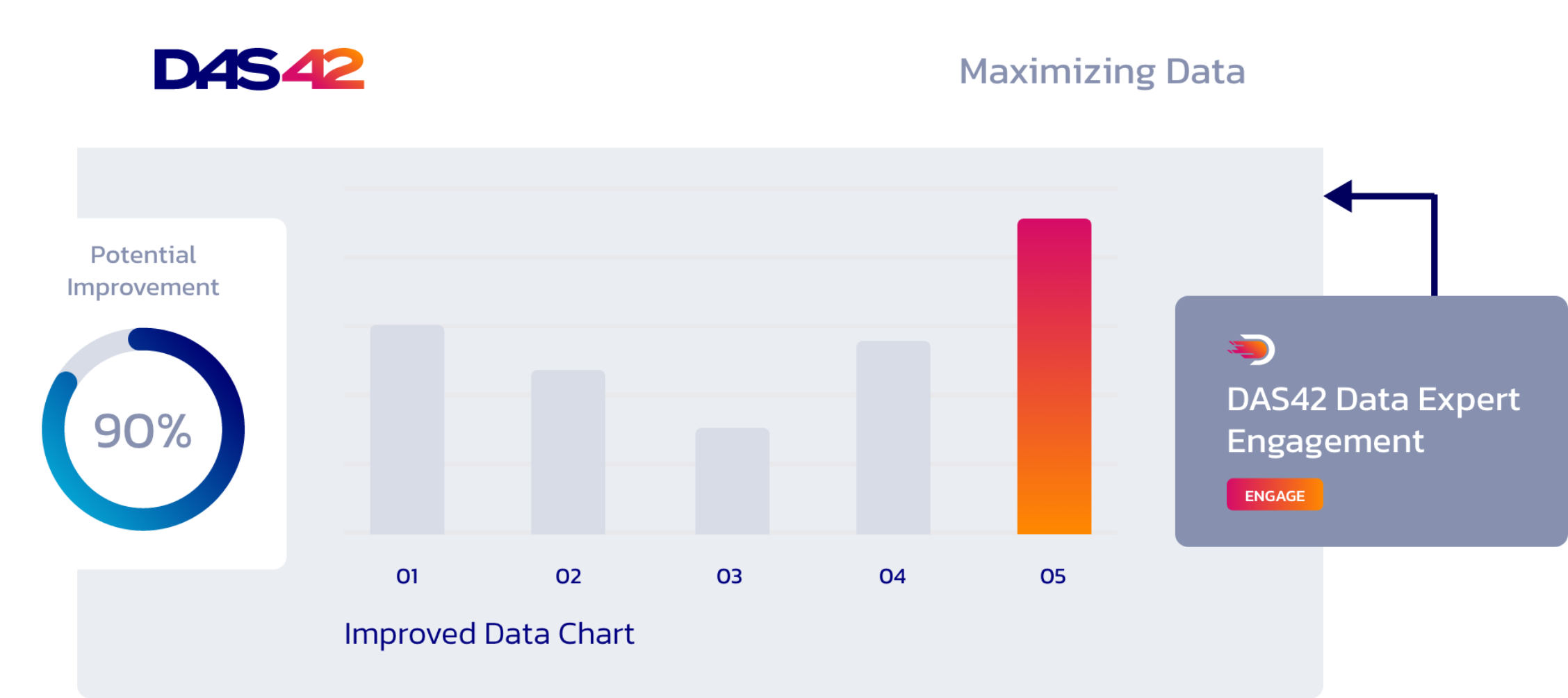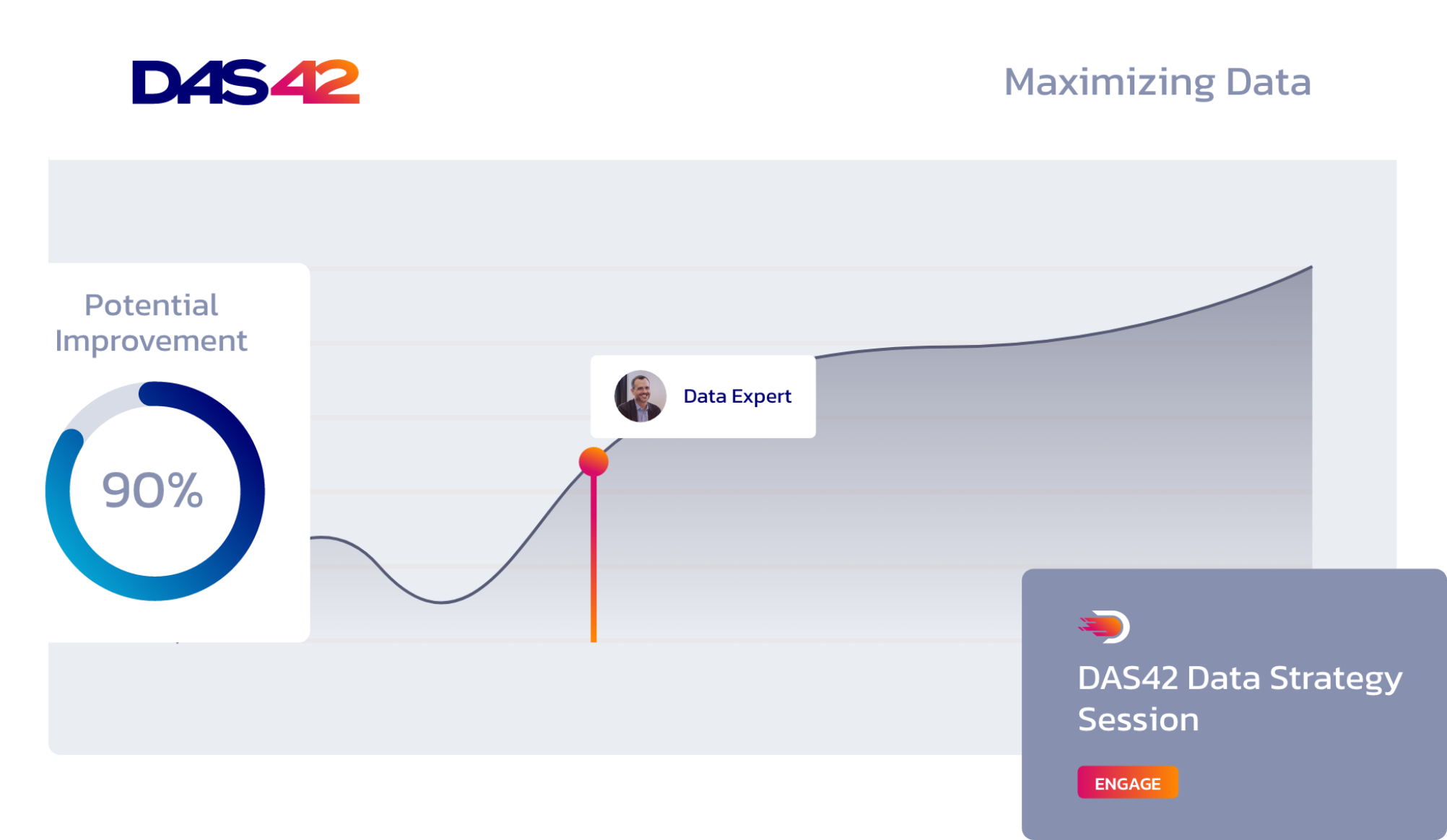In today’s competitive marketplace, there’s no more valuable asset to a business than the illuminating details found in its own data.
As a result, the data analytics profession has been booming. Highly skilled data specialists are now in great demand as well as expensive to hire and tough to retain.
So why would any company not use this specialized team to their greatest advantage? And yet, most data analysts typically spend 80% of their time in the weeds of an organization’s data preparing and retrieving reports for other teams rather than identifying and generating strategic insights.
Through self-serve data analytics and business intelligence, you can free up your analysts to do what they do best. This is crucial to making your business excel. You will see both a greater ROI from a highly paid resources while also aiding retention efforts in the long run.
In the process, proper data governance can empower the many moving parts of your organization to find and evaluate the information they need to do their jobs better. Instead of relying on a data team to answer questions, everyone should be working at a high level that suits their expertise. That’s another key benefit of a organized, centralized approach to data management.
Implementing data governance doesn’t require reinventing the wheel
If your analytics or data engineering teams are the lone point of contact between your database and the rest of your organization, then you’re not getting the most from either your data or your staff. But you don’t have to rebuild your current system from scratch to find a better way.
There are modern software applications and off-the-shelf tools like Looker that can be applied to your existing data sets to establish new, more productive ways for your organization to access and gain insights from its data.
However, while these kinds of technology changes don’t require a large-scale reinvention, they may necessitate adjustments to your company culture. Though functional challenges can be addressed through software and tools, self-serve BI is not possible without the right governance policies. It also requires a level of trust that comes from allowing teams across your organization to access the company’s data.
This constitutes a mindset shift for many businesses. Many worry about security or the ability of every team to generate the proper results if they’re empowered to access and analyze business data. But with easy-to-navigate tools and effective change management from within, a company can see comprehensive benefits of such cultural changes. The impact of such a shift can even be seen at points where allowing open access may have been a less obvious need.
A data-driven culture breaks workflow bottlenecks
If only a single, centralized team is capable of generating reports or preparing data, then every part of your organization experiences consistent delays before genuine work can be done. Customer service teams ask for a report on one set of data. But your data engineering department can’t process that request before generating another report that was requested the prior week by your finance or marketing teams. And any new requests fall even further back in the workflow. Looker calls this “the data bread line.”
With this kind of backlog, all of this useful data that could be accessed and analyzed across your organization is caught in a bottleneck for days or even weeks. Sooner or later, individuals from various departments give up asking questions about data that could meet core business needs. Consequently, businesses without an open, data-driven culture may not even know what’s possible.
When specialists can access data, specialized results can be generated
The benefits of allowing internal access to data don’t simply come down to efficiency. If someone within your finance department asks for a report from your analytics team, inevitably some details will be lost in translation.
Conversely, if a finance team can reach into the company database and set parameters for their own analysis, their results will carry a clearer, more accurate focus. These kinds of targeted insights are only possible through reports generated to meet the needs of a subject specialist. Self-serve BI not only frees your analytics team to focus on generating broader insights about your business, it also empowers your entire organization to leverage data for their needs.
With multiple teams able to generate their own reports and insights, every component of an organization can have the practical ability to act as a data analyst. Then your analytics teams can shift their focus away from the data needs of different departments—and toward higher level analysis of your business.
The return on investment from implementing the right tools and data governance policies are then amplified across the organization.
With proper data governance, analytics teams thrive
Burdened with retrieving data and generating reports, analytics teams can grow ineffective. This can lead to data engineers who are frustrated, or even missing in action as retention becomes an issue in a competitive employment marketplace.
However, with data accessible and organized for use by everyone who needs it, analytics teams can focus on generating bigger picture insights. As a result, they operate more effectively and generate more value for your business.
Open and accessible data requires a shift in organizational culture
As demand rises for data analysts, these specialists come with high salaries and expectations of being free to function at a high level. Employee retention is far too broad of an issue to say it can be solved with software, but your business’ ability to adapt toward more open, data-driven environment is as much a cultural shift as a technical one.
With the right tools customized to suit your business needs, your data, marketing, finance, and customer service departments can all function at a higher level. But no software solution can effectively enable these changes without a data-driven culture that trusts these teams with open access to a company’s data. When a company’s staff feels trusted and empowered, employee retention becomes that much easier at every level.
Services provided









